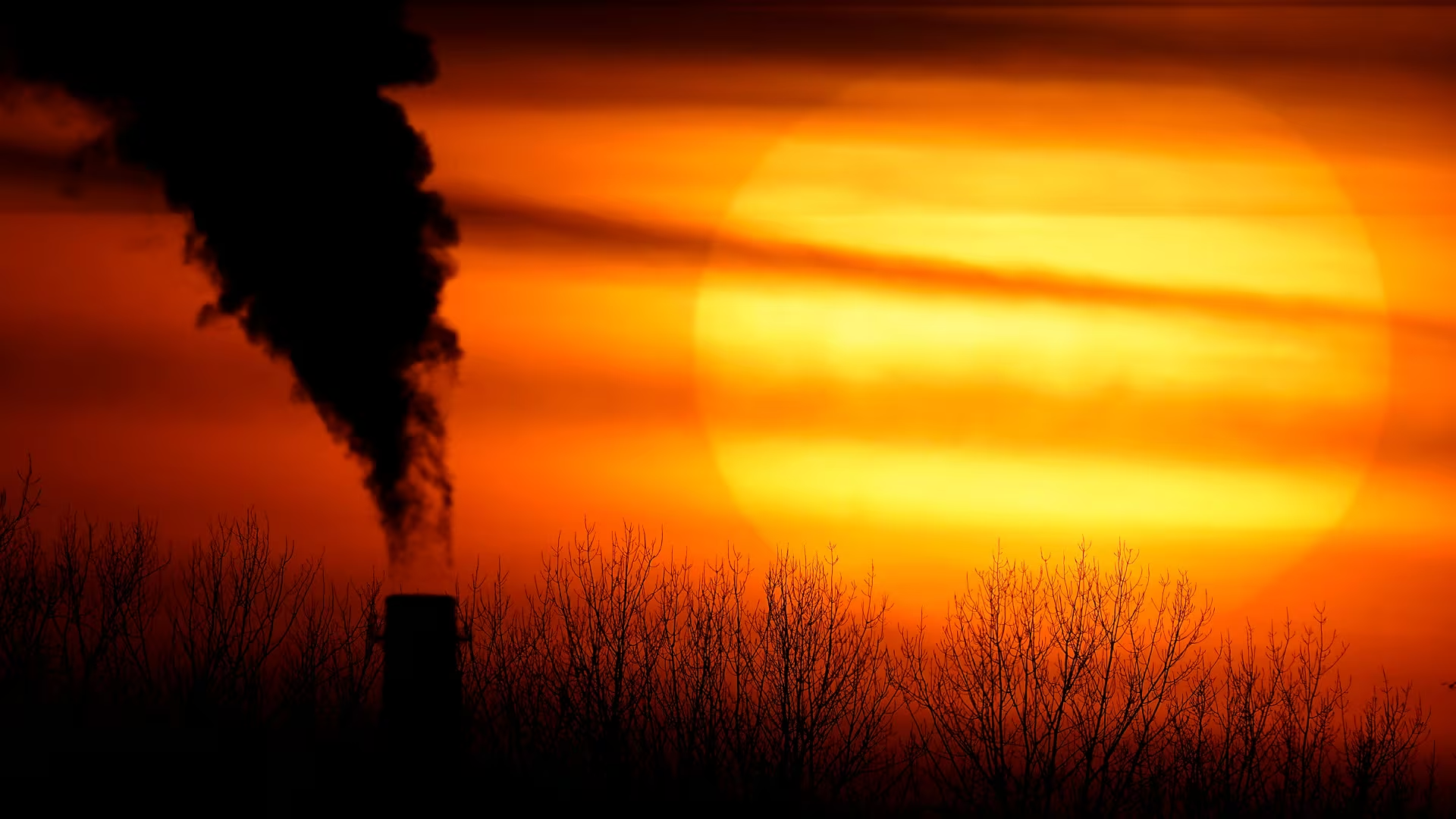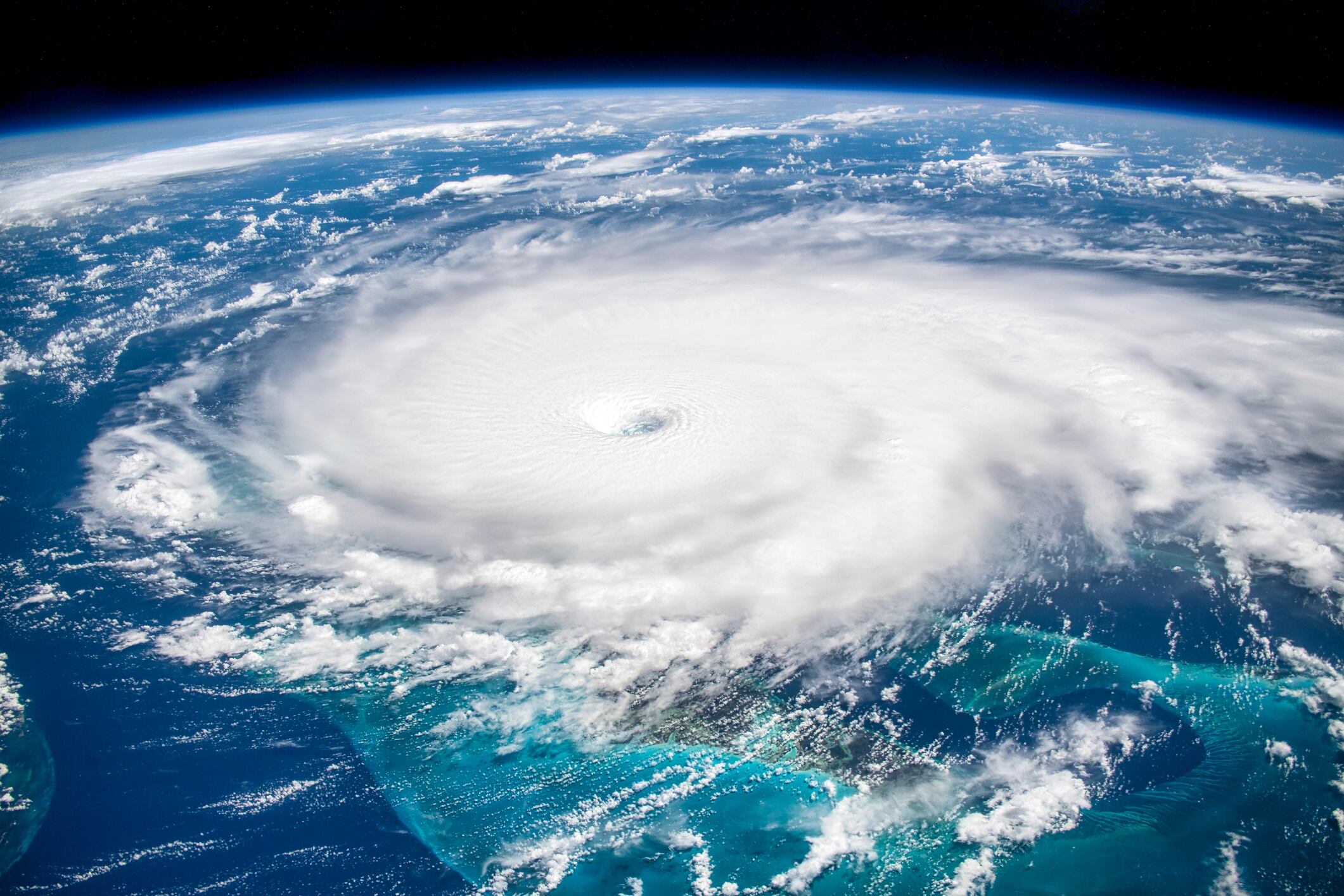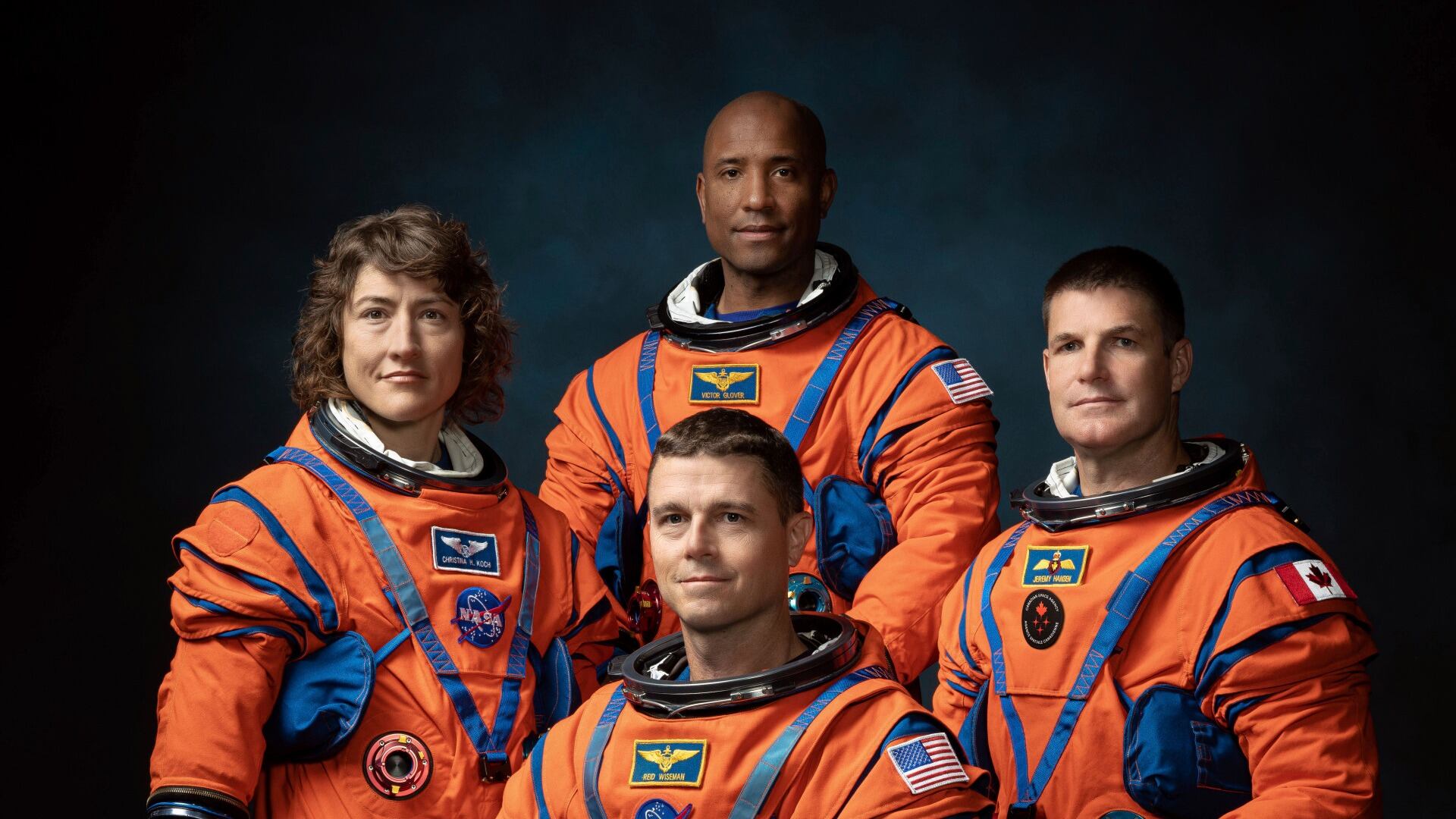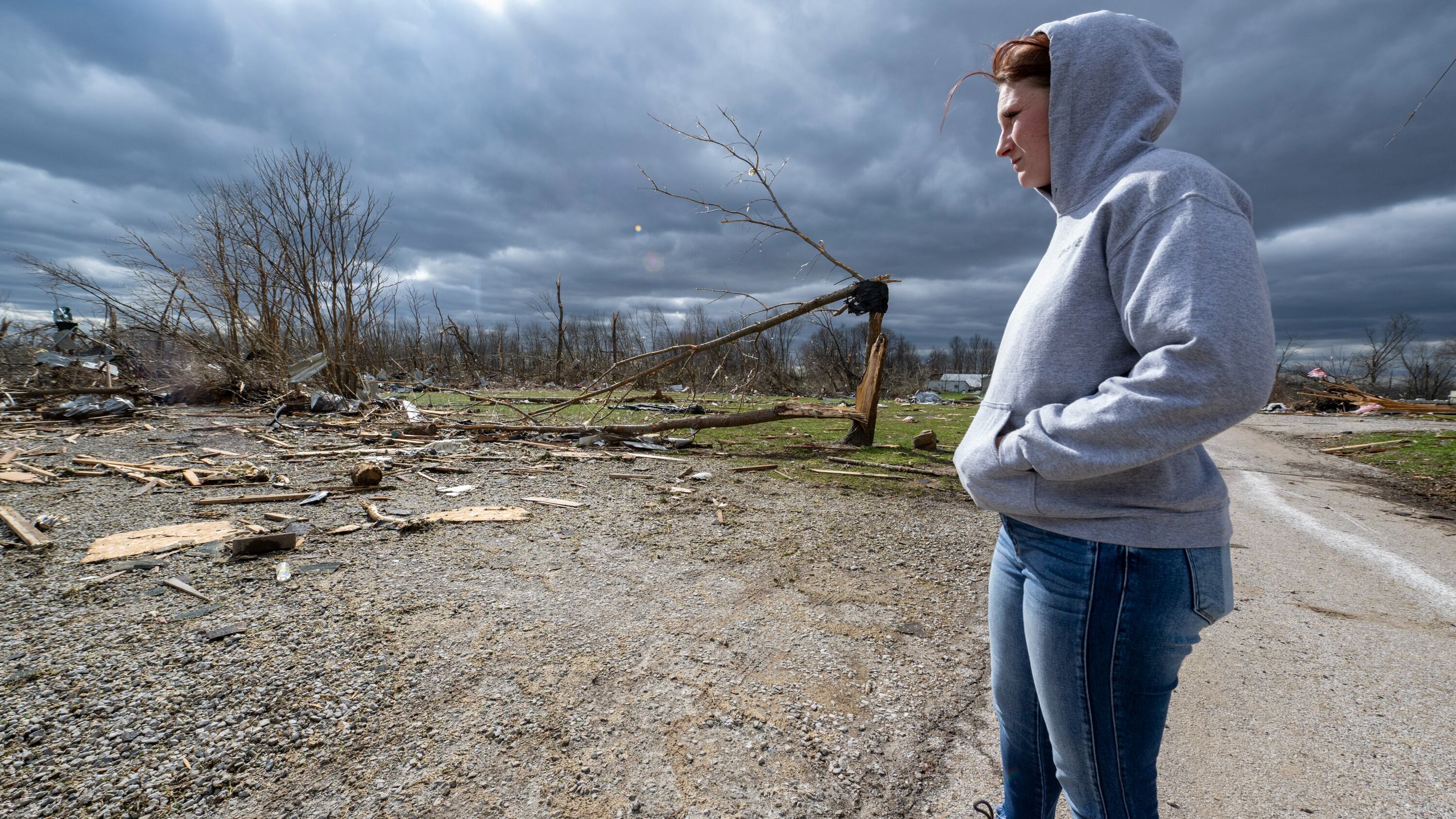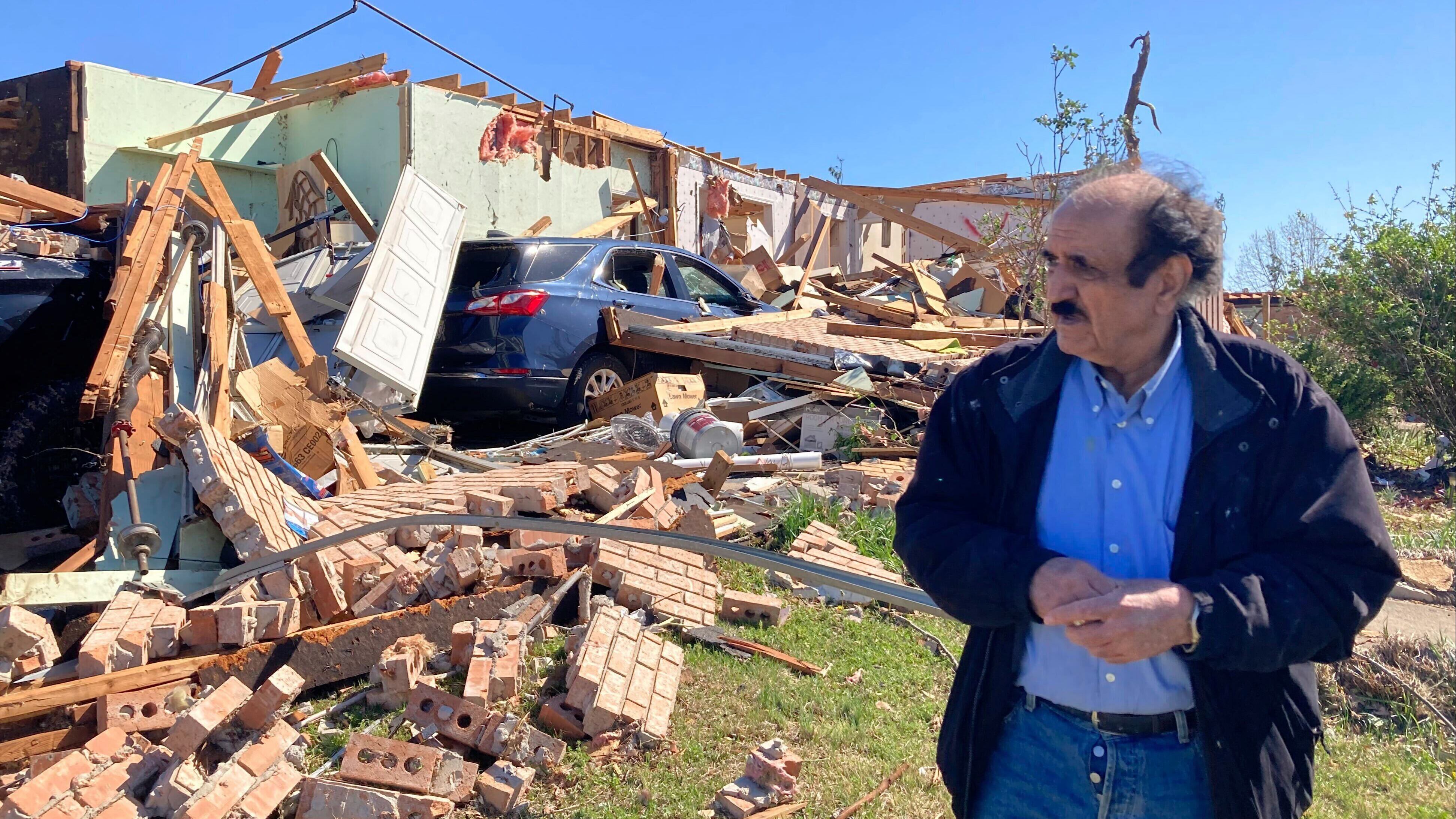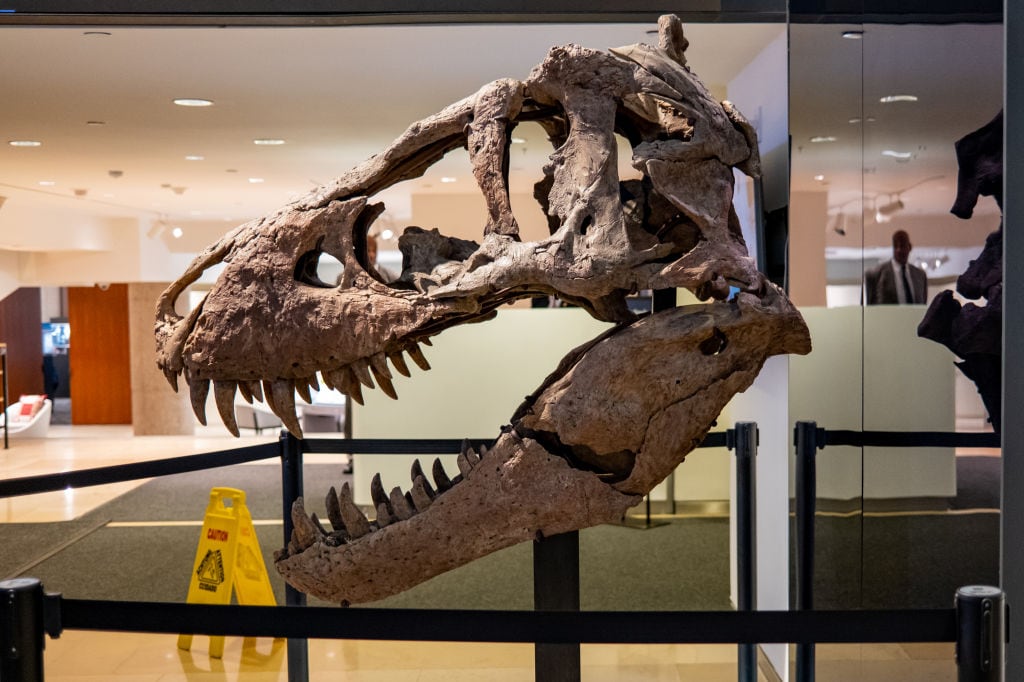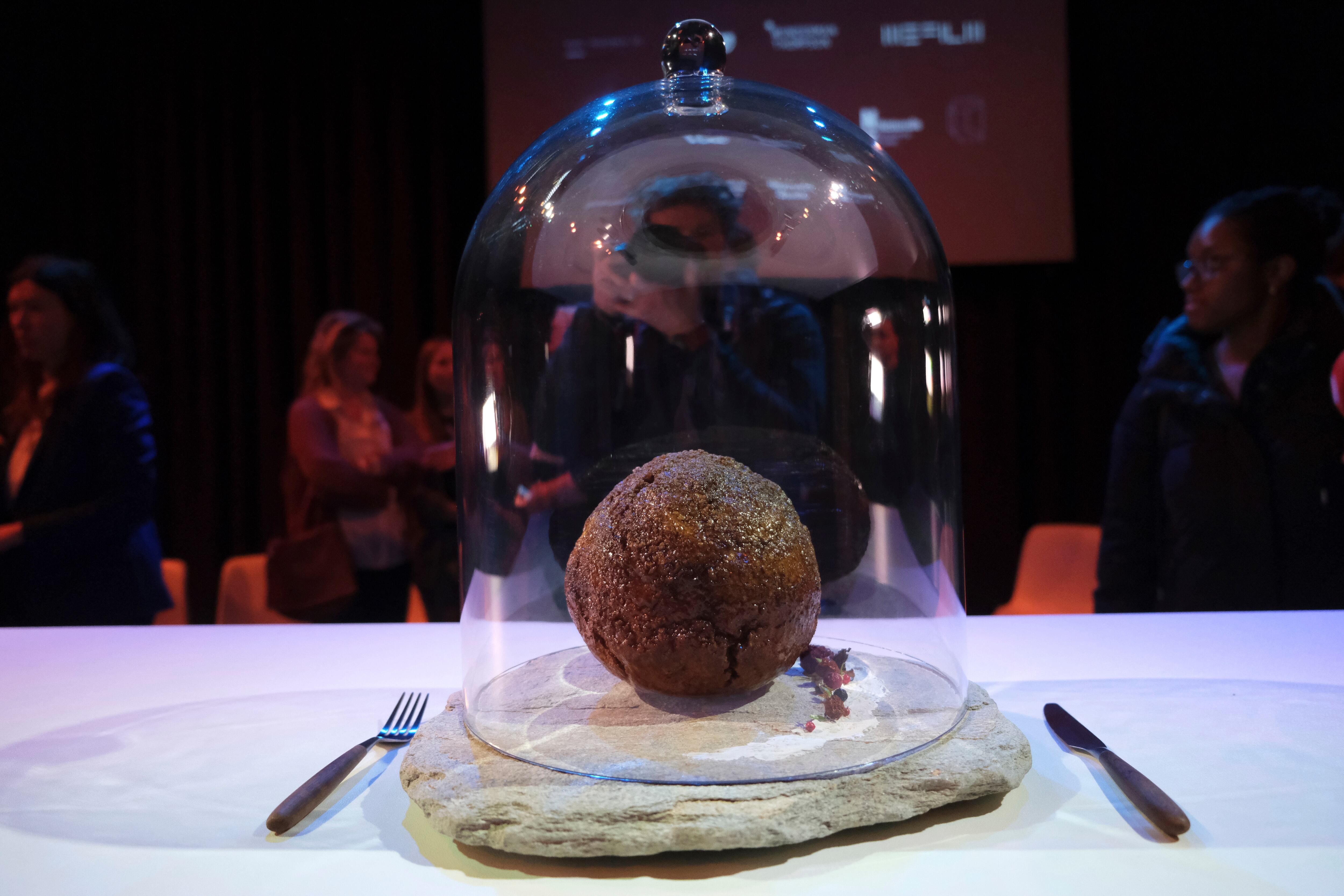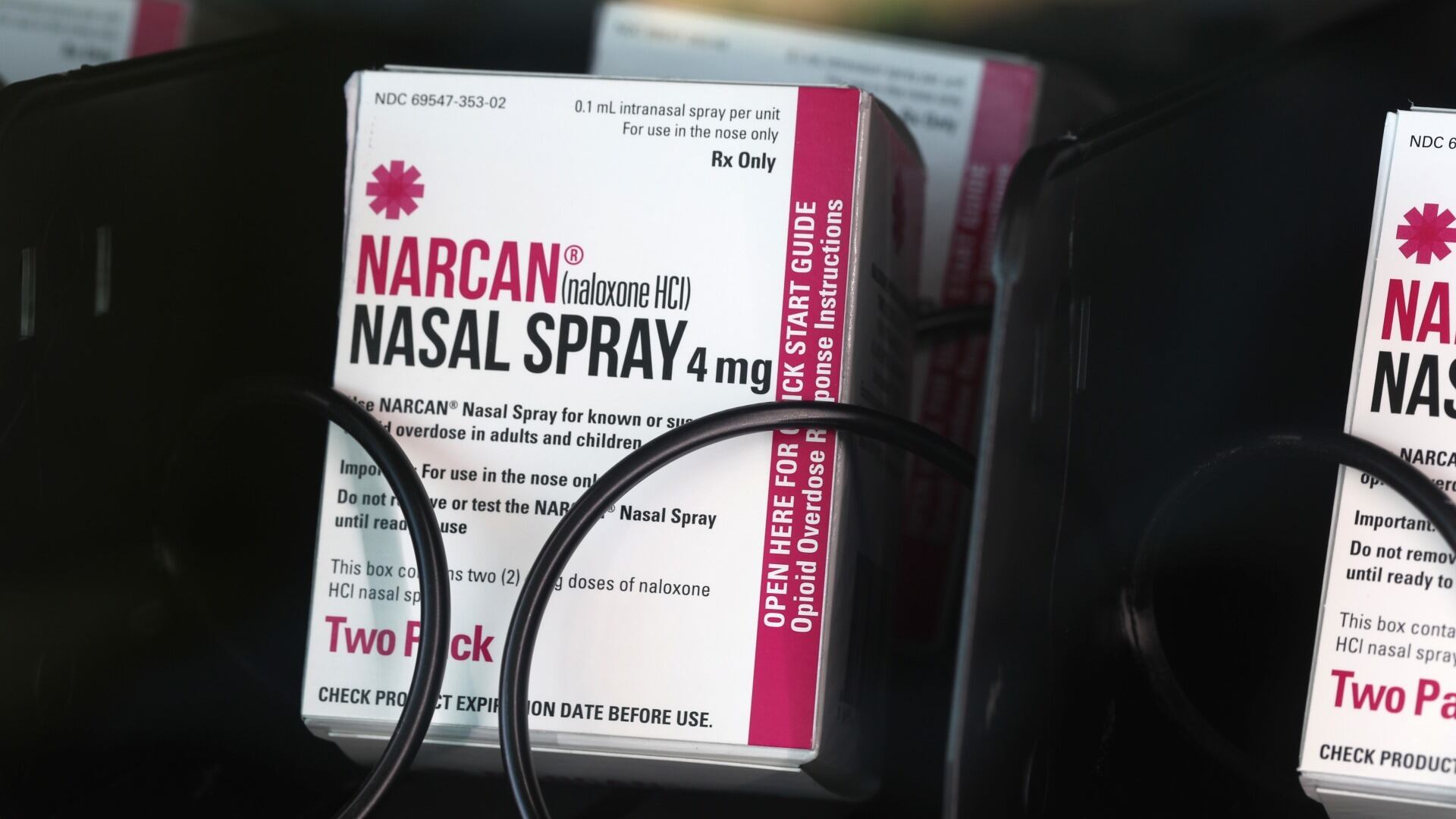HIV and AIDS have long had a disproportionate impact on the Black community. In recognition of that stark reality, the U.S. government marked February 7 as National Black HIV/AIDS Awareness Day.
Cheddar News anchor Shannon LaNier spoke with Jessica Shepherd, the chief medical officer at Verywell, a health information website, about the disease's continued impact on Black people, who she said are eight times more likely to be diagnosed than white people.
The challenge in addressing this inequality is stigma, which has historically discouraged people from seeking care.
Shepherd explained that better health care options have helped lift some of that stigma, but it remains an issue for certain disadvantaged groups.
Overcoming the disease's connection with sexual intercourse is another way to help people become more open about the disease and seek the proper care, she added.
"When you think of something that's sexually transmitted, even though you do have [intravenous drug] transmission, you think of something that is bad," she said. "So the person gets a bad label no matter how they acquire the disease."
Better health care in general has helped combat this perception, as HIV/AIDS is no longer a death sentence but rather something people can live with. "You see people well into their sixth or seventh decade having HIV and living very healthy lives," she said.
The Environmental Protection Agency is tightening rules that limit emissions of mercury and other harmful pollutants from coal-fired power plants.
According to a Washington Post article, 82 percent of people get their weather updates on their phones, and there are more than 10,000 weather apps to choose from. The article breaks down the pros and cons of each app.
Some 9.2 million lead pipes carry water into homes across the U.S., with more in Florida than any other state, according to a new Environmental Protection Agency survey that will dictate how billions of dollars to find and replace those pipes are spent.
At least 32 people are dead after violent storms swept through the South and Midwest.
NASA on Monday named the four astronauts who will fly to the moon by the end of next year, including one woman and three men.
Blame geography for the U.S. getting hit by stronger, costlier, more varied and frequent extreme weather than anywhere on the planet, several experts said. But that's only part of it.
Residents across a wide swath of the U.S. raced Sunday to assess the destruction from fierce storms that spawned possibly dozens of tornadoes from the South and the Midwest into the Northeast.
Good2Know is your daily dose of the stories that could impact your life.
An Australian startup developed a meatball made from the DNA of the extinct woolly mammoth.
The Food and Drug Administration approved the sale of Narcan, the overdose antidote drug, as an over-the-counter medication.
